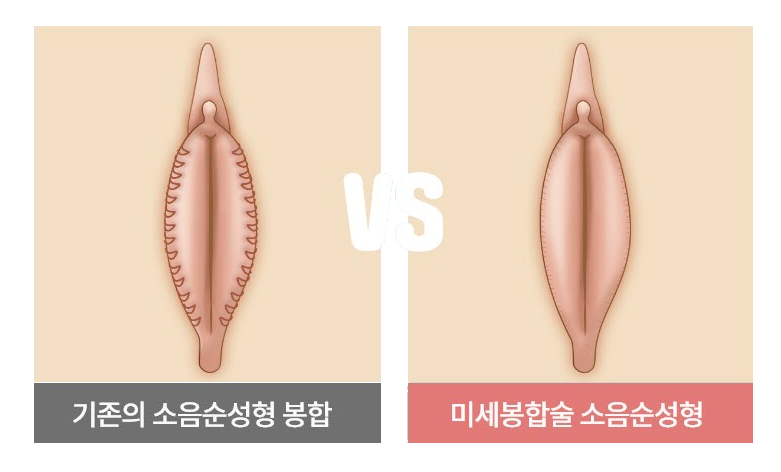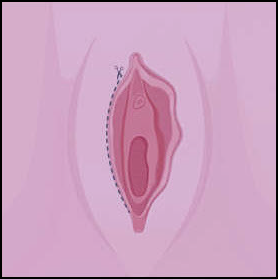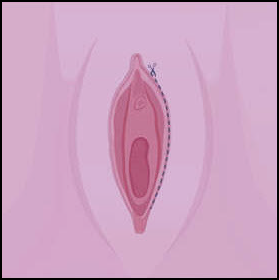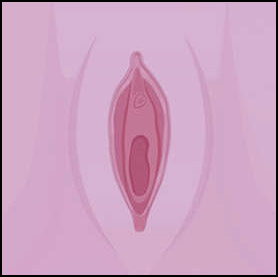Labiaplasty
What is labiaplasty?
The labia minora are a pair of wing-like structures at the opening of the vagina that help keep out germs that might otherwise enter the vagina or urethra.
The labia minora can change shape due to sexual intercourse, childbirth, or congenital causes, which not only causes discomfort, but can also make you more susceptible to a variety of female diseases and lower your self-confidence.
Labiaplasty corrects a stretched labia minora to help with hygiene, relieve discomfort and pain, and improve your confidence as a woman by relieving you of cosmetic concerns.
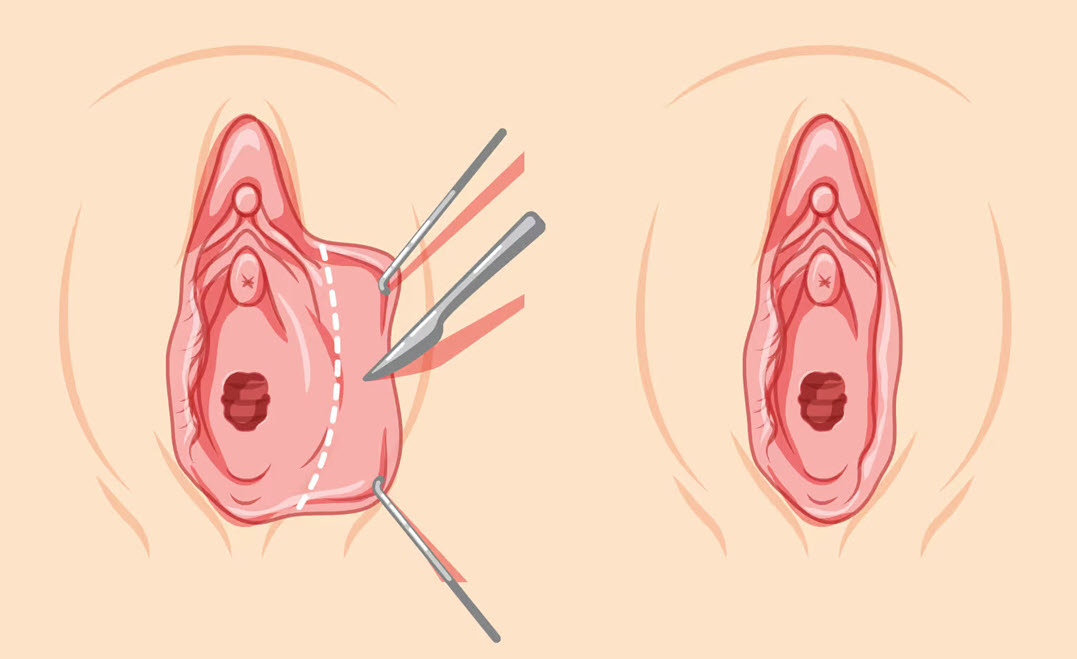
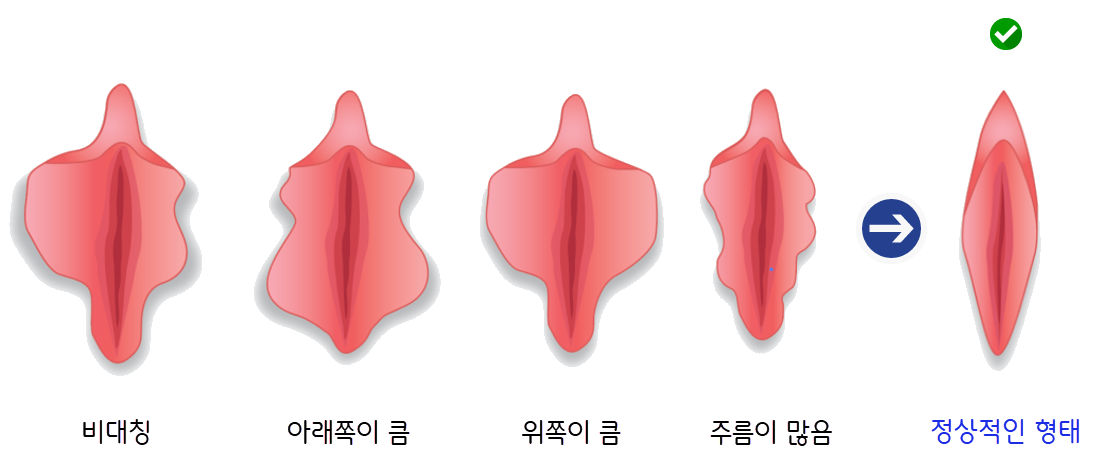
Labiaplasty procedure
Labiaplasty is performed under local anesthesia and takes about 30 to 40 minutes to remove the unwanted portion of the labia minora on both sides, and you will be discharged from the hospital one hour after surgery and can resume your normal activities immediately.
It's sutured with microfiber threads that dissolve on their own, so there's no need to remove the threads, and you'll be scar-free in about a week.
Labiaplasty is for these people
The labia minora typically remain pink and smooth during girlhood, but can increase in length and darken in color as you have sex in your 20s and beyond.
If your labia minora rolls up during sex, causing pain or orgasmic disturbances, you are unhappy with the appearance of your vulva, or you are aesthetically concerned about the disproportionate length of your labia minora, you may want to consider labiaplasty.
- 1
If your labia minora are enlarged due to various causes
- 2
Those with asymmetrical labia minora
- 3
People who are uncomfortable during sex and have problems with sexual sensation
- 4
Avoid surgery due to pain and scarring
- 5
The labia minora rolls up into the vagina during sex
- 6
An enlarged labia minora covering the urethra and flowing to one side when urinating
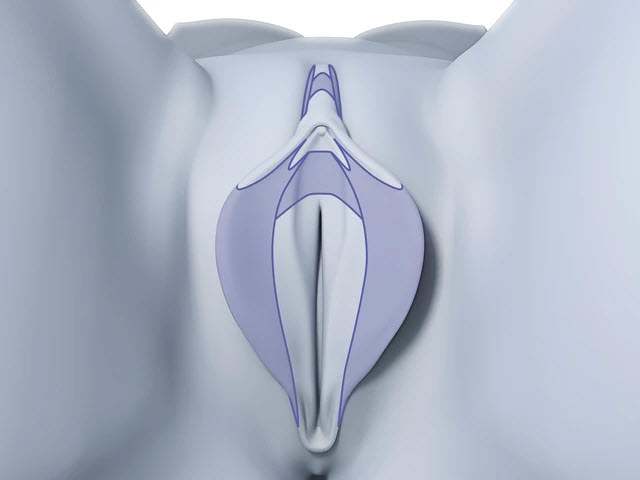
If you need labiaplasty revision surgery
This surgery corrects incision scars and asymmetries in the labia minora caused by previous surgeries and restores functionality as well as aesthetics. It requires proper and delicate suturing skills, as too many sutures can cause foreign bodies or discomfort as the threads begin to dissolve.
Removing and reshaping surgical scars is more challenging than the first surgery, and requires the help of an experienced revision surgeon. With their skillful know-how, they can improve not only the length, but also the thickness, color, and shape of the stretched labia minora, leaving it thinner and smoother with fewer scars.
- 1
If it loses its elasticity and stretches back
- 2
Poor design results in asymmetry
- 3
Paresthesia or vaginal dryness after previous surgery
- 4
If you have bumpy stitches left over from previous surgery
